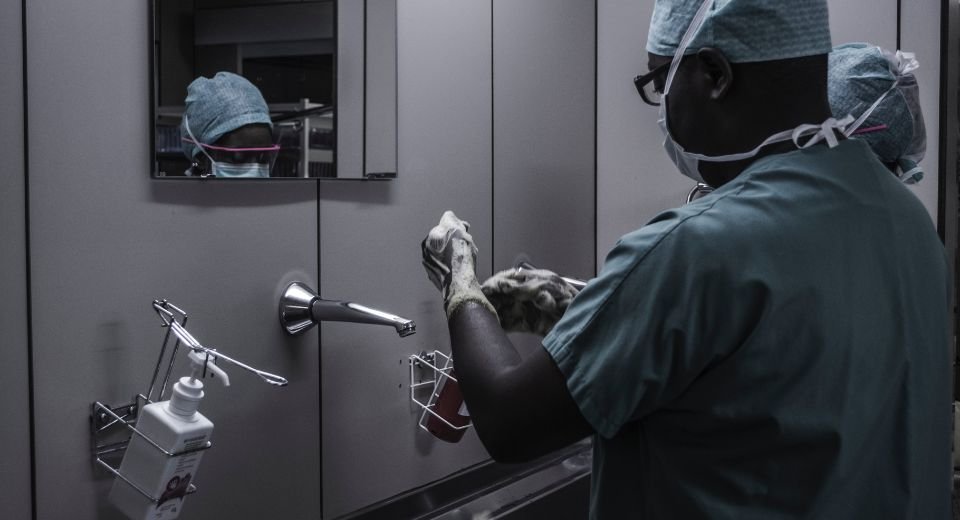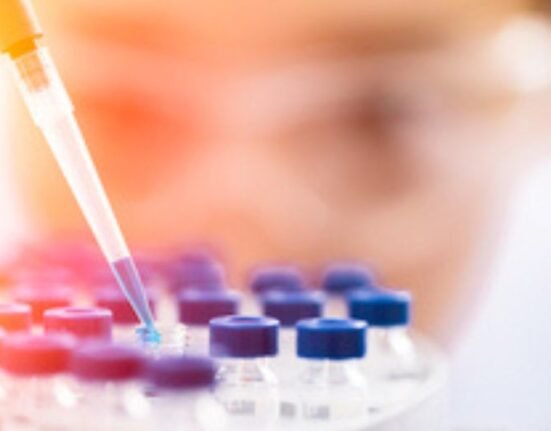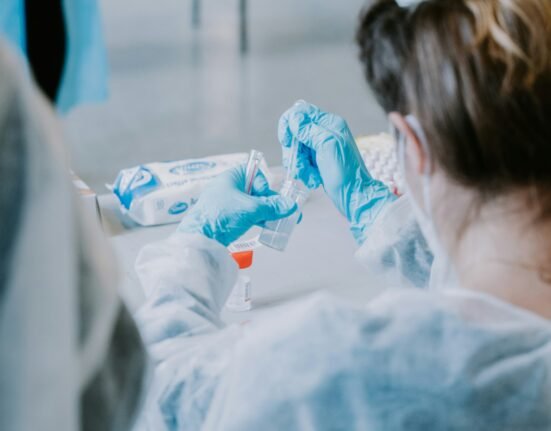HQ Team
September 2, 2023: Kidney cells placed in an implantable device in pigs can mimic several functions of the organ without triggering the recipient’s immune system to attack, scientists found.
The findings may lead to eliminating dialysis in patients or taking drugs to suppress their immune system, according to a study by the University of Californian, San Francisco.
The device or bioreactor, can work quietly in the background like a pacemaker.
Scientists plan to fill the bioreactor with different kidney cells that perform vital functions like balancing the body’s fluids and releasing hormones to regulate blood pressure.
Proof-of-concept
The proof-of-concept implantable bioreactor contains silicon nanopore membranes to offer a level of immunoprotection to human renal epithelial cells.
After implantation into pigs, without systemic anticoagulation or immunosuppression therapy for seven days, the scientists found that cells maintained more than 90% viability and functionality.
Both the kidney cells and the recipient animals, after transplantation “did well.”
They found that cells exhibited minimal damage, and recipient cytokine levels were not suggestive of “hyperacute rejection.”
Later, the scientists plan to pair it with a device that filters waste from the blood.
Animals to humans
The next step will be month-long trials, as required by the U.S. Food and Drug Administration (FDA), first in animals and eventually in humans.
The scientists’ ultimate aim is to produce a human-scale device to improve dialysis, which keeps people alive after their kidneys fail but is a poor substitute for having a real working organ.
Chronic kidney disease is a progressive condition that affects more than 10% of the general population worldwide, amounting to more than 800 million individuals.
The disease is more prevalent in older individuals, women, racial minorities, and in people experiencing diabetes mellitus and hypertension. More than 500,000 people in the U.S. require dialysis several times a week.
Not enough donors
Many seek kidney transplants, but there are not enough donors, and only about 20,000 people receive them each year in the US.
The definitive treatment for end-stage renal disease is kidney transplantation, which remains limited by organ availability and post-transplant complications, according to the study.
“We are focused on safely replicating the key functions of a kidney,” said Prof Shuvo Roy, who jointly headed the research team at UCSF with Vanderbilt University Medical Center’s William H. Fissell.
The UCSF’s Kidney Project is also headed by the same pair.
“The bioartificial kidney will make treatment for kidney disease more effective and also much more tolerable and comfortable.”
“We needed to prove that a functional bioreactor will not require immunosuppressant drugs, and we did,” Prof Roy said. “We had no complications and can now iterate up, reaching for the whole panel of kidney functions at the human scale.”
The study was published in Nature Communications and the research was supported, in part, by the National Institutes of Health, as well as philanthropy.








